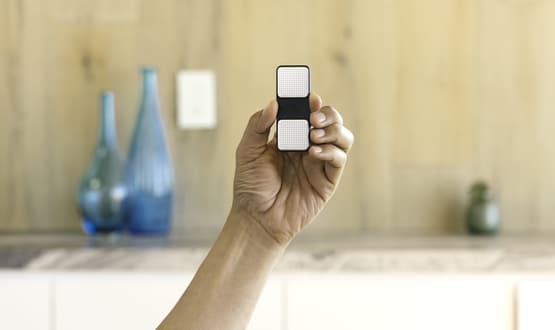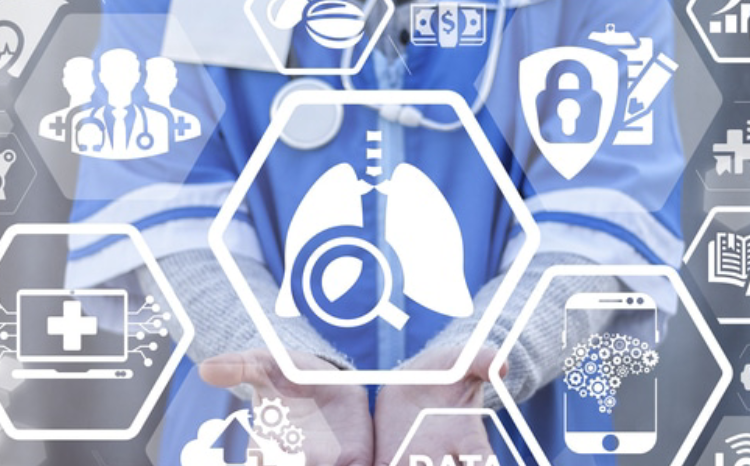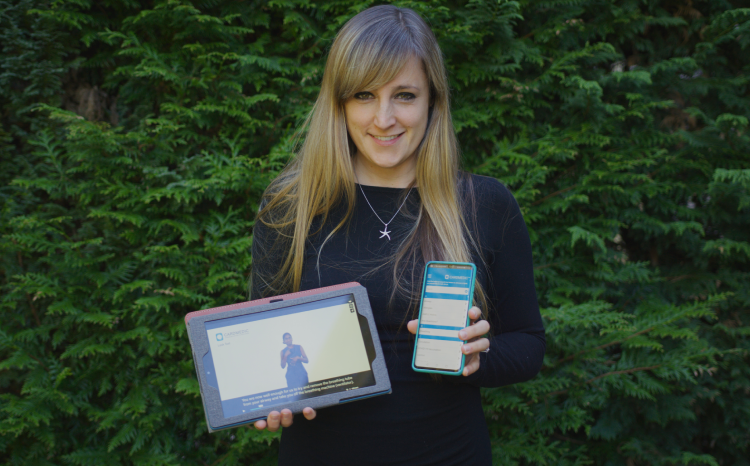KardiaMobile recommended by NICE for detecting abnormal heart activity

A smartphone based electrocardiogram (ECG) has been recommended by the National Institute for Health and Care Excellence (NICE) as an option for detecting atrial fibrillation within ambulatory settings in the NHS.
KardiaMobile’s AI enabled platform can support patients and physicians by delivering remote-access to a medical-grade ECG. It enables people with suspected paroxysmal atrial fibrillation (AF) – where symptoms such as palpitations are intermittent – to monitor their heart activity at home.
This means that AF can be detected more quickly, and with a faster diagnosis patients are better protected against any AF-related health conditions. The technology can also remove the need for regular hospital appointments, enabling users to monitor their own health.
Users simply need to place their two fingers from each hand where directed on the smartphone to capture a 30-second ECG recording. This can provide instant detection of atrial fibrillation (AF), bradycardia and tachycardia – key indicators of cardiovascular disease.
ECG recordings can then be reviewed by a healthcare professional and the findings used to support clinical decision making.
Professor Matt Reed, consultant and NRS Fellow in emergency medicine at NHS Lothian, said: “With the NHS over-stretched, it is encouraging that NICE has recognised the value of utilising smart technology to support clinicians. Today’s recommendation of KardiaMobile – a clinically-validated digital tool to allow people to monitor their heart rhythm at home, avoiding the need for hospital appointments – is a great step forward for cardiac services.”
KardiaMobile comes from AliveCor, whose enterprise platform allows third party providers to manage patients’ heart conditions with state-of-the-art tools giving easy front-end and back-end integration to AliveCor technologies.
Priya Abani, CEO, AliveCor, added: “AliveCor is proud to be able to offer the only NICE-recommended personal ECG to support remote cardiac care services for patients not in front of their cardiologist.”
She continued: “(This) recommendation not only highlights the clinical superiority of KardiaMobile against the current standard of care, but also its position as a more cost-effective solution, therefore warranting its value as a clinical tool to support rapid diagnosis of AF.”
A pilot of the KardiaMobile smartphone ECG found that it was five times more effective at diagnosing heart issues, than standard tests.





